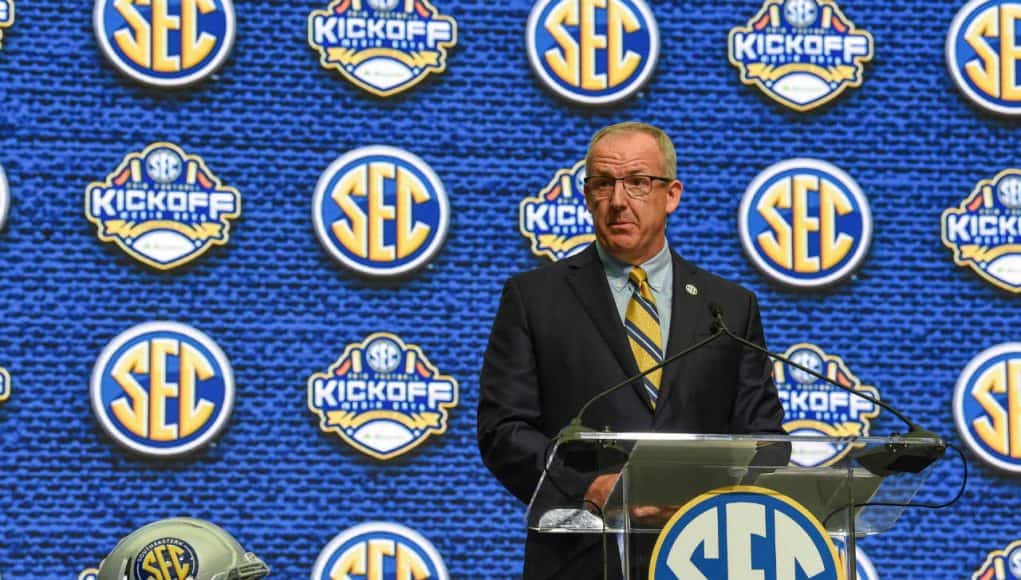ATLANTA — For years if you wanted to make a bet on a sporting event you would have to know a guy who knew a guy. You’d have to find dark rooms in the back of buildings, make a trip out to Las Vegas or find Internet servers that connect and re-connect to offshore servers to quench the desire.
In May the United State Supreme Court changed that in a ruling that has paved the way for legalized gambling not just in Las Vegas and sportsbooks in New Jersey but nation wide. It’s now left up for the states to come up with and pass legislation to make it accessible.
All of the professional leagues require their teams to provide detailed availability reports. The NFL, for example, provides injury reports starting on Monday and all the way up to Sunday before the game. Some coaches have found ways to manipulate it but, for the most part, it gives everyone including gamblers an insight on what every team will look like heading into a game.
That brings in to question the practice of paranoia that runs deep in college football. Currently there is no rule in place that requires a team or coach to provide injury reports. Many are vague and some coaches are downright argumentative when asked throughout the week about the availability of individual players.
According to the American Gaming Association an estimated total of $95 billion dollars was gambled illegally on college football and the NFL in 2015. That number continues to rise each year. There was an all-time high $1.7 billion wagered on just college football alone in Las Vegas sportsbooks in 2017.
It’s big business and a league could easily fall in favor by not adapting its policies accordingly. SEC Commissioner Greg Sankey is aware of this.
“Since 2011, members of the SEC staff have been in communication with and learning with those who work in legalized sports gambling. We’ve also been in contact over the last year with representatives from the NFL, NBA, Major League Baseball and the PGA offices to monitor and learn from their efforts and to stay up-to-date on their legislative conversations,” Sankey said Monday at SEC Media Days. “Gambling activity around sports is not new, and that includes gambling activity around collegiate sports. What is new is the expansion of legalized sports gambling and the increased cultural acceptance of legalized sports gambling.”
The difference in professional and collegiate arenas are the considerable considerations for FERPA (Family Educational Rights and Privacy Act) and HIPAA (Health Insurance Portability and Accountability Act) that protect students. Sankey, again, has already thought of that and believes there are ways to work around such restrictions that are in place to protect students all over the country, not just student-athletes.
“FERPA and HIPAA requirements, academic suspensions, other team or athletics’ department imposed suspensions and NCAA eligibility issues make something more like an availability report relevant for discussion,” Sankey said. “I do not believe this has to happen before the 2018 season, either on the part of this conference or the national level.”
The change likely won’t come in time for the 2018 season, something Sankey readily admitted on Monday but it will happen. Sankey just wants to make sure they do it the right way.
“That will result from collaboration among the American Football Coach’s Association and its representatives, the conference, the NCAA national office, learning from the professional leagues and with proper guidance from legal resources.”


